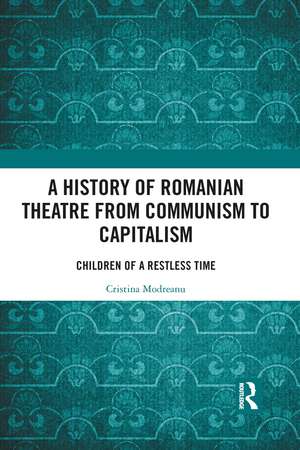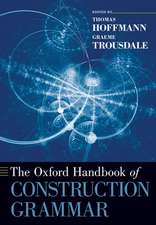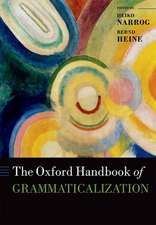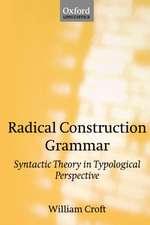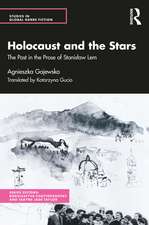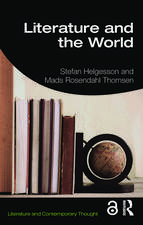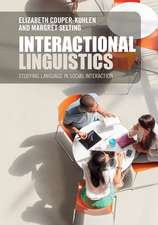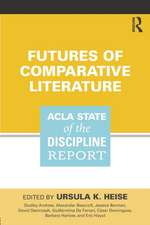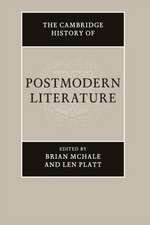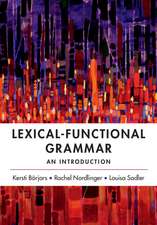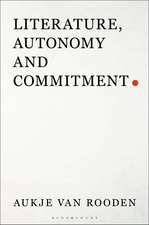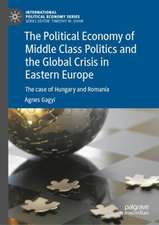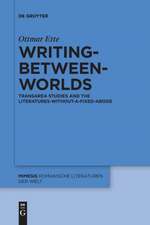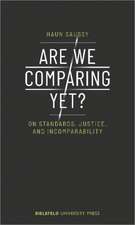A History of Romanian Theatre from Communism to Capitalism: Children of a Restless Time
Autor Cristina Modreanuen Limba Engleză Paperback – 30 iun 2021
A History of Romanian Theatre from Communism to Capitalism analyses the last three decades of Romanian theatre and connects it to the international stage.
Cristina Modreanu questions the relationship between artists and power, both before 1989, behind the Iron Curtain, and in the current global political context, with nationalism manifesting itself in Eastern Europe, as seen in the critical work of Romanian theatre makers. This study covers the complex cases of theatre makers such as Lucian Pintilie, Liviu Ciulei and Andrei Șerban, who built their international careers in exile, and the most innovative Romanian artists of today, such as Silviu Purcărete, Mihai Măniuţiu, Gianina Cărbunariu, Radu Afrim, and Bogdan Georgescu, who reached the status of transglobal artists.
Filling a considerable gap in Romanian theatre discourse, this book will be of a great interest to students and scholars of contemporary theatre and history.
| Toate formatele și edițiile | Preț | Express |
|---|---|---|
| Paperback (1) | 368.05 lei 6-8 săpt. | |
| Taylor & Francis – 30 iun 2021 | 368.05 lei 6-8 săpt. | |
| Hardback (1) | 1109.18 lei 6-8 săpt. | |
| Taylor & Francis – 20 sep 2019 | 1109.18 lei 6-8 săpt. |
Preț: 368.05 lei
Nou
70.42€ • 73.53$ • 58.29£
Carte tipărită la comandă
Livrare economică 05-19 aprilie
Specificații
ISBN-10: 1032089466
Pagini: 180
Ilustrații: 35 Illustrations, black and white
Dimensiuni: 156 x 234 mm
Greutate: 0.26 kg
Ediția:1
Editura: Taylor & Francis
Colecția Routledge
Locul publicării:Oxford, United Kingdom
Public țintă
General, Postgraduate, and UndergraduateCuprins
Notă biografică
Recenzii
Descriere
A History of Romanian Theatre from Communism to Capitalism analyses the last three decades of Romanian theatre and connects it to the international stage.
Cristina Modreanu questions the relationship between artists and power, both before 1989, behind the Iron Curtain, and in the current global political context, with nationalism manifesting itself in Eastern Europe, as seen in the critical work of Romanian theatre makers. This study covers the complex cases of theatre makers such as Lucian Pintilie, Liviu Ciulei and Andrei Șerban, who built their international careers in exile, and the most innovative Romanian artists of today, such as Silviu Purcărete, Mihai Măniuţiu, Gianina Cărbunariu, Radu Afrim, and Bogdan Georgescu, who reached the status of transglobal artists.
Filling a considerable gap in Romanian theatre discourse, this book will be of a great interest to students and scholars of contemporary theatre and history.
